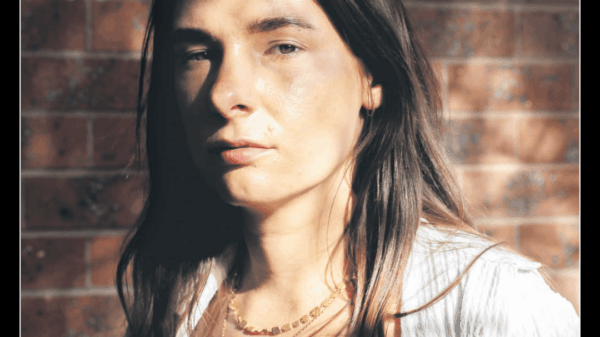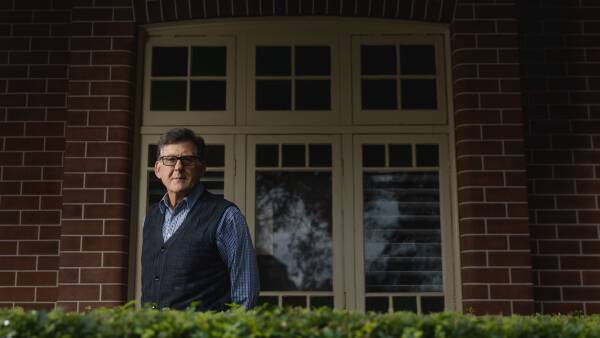Victoria has become the first Australian state to introduce treaty legislation, marking a significant milestone in the relationship between Indigenous peoples and government. This historic development aims to establish a formal agreement that empowers Indigenous communities while serving as a potential model for other jurisdictions.
First Step Towards Formal Indigenous Agreements
On October 11, 2023, the Victorian Parliament commenced discussions on treaty legislation, fostering a framework for collaboration between the state’s Indigenous population and the government. This initiative has been a decade in the making, with extensive efforts devoted to developing the necessary institutions and structures for meaningful dialogue, according to Harry Hobbs, an associate professor of law at the University of New South Wales.
The treaty framework will create a permanent Indigenous representative body, which will have decision-making authority over initiatives that impact Aboriginal Victorians. This body will also be empowered to propose renaming geographical features deemed offensive, contingent on providing adequate evidence. Furthermore, public school curricula will include teachings about Aboriginal experiences since colonisation, informed by the official records of the Yoorrook Justice Commission.
Financial Implications and Future Prospects
The in-principle agreement follows 10 months of negotiations between the government and the First Peoples’ Assembly of Victoria. The financial commitment is projected to exceed $300 million from 2020 to 2028. Dr. Hobbs noted that Victoria’s model could serve as a reference for other states and territories looking to establish their own treaties.
“The Victorian model, if it works and is seen to be effective, could certainly suggest a path forward for other governments across Australia,”
Dr. Hobbs stated, emphasizing the potential influence of this landmark agreement.
Despite the progress in Victoria, the national landscape for treaty negotiations has faced challenges. Following the recent failed voice referendum, several states, including Queensland and the Northern Territory, have paused their treaty processes. In contrast, New South Wales continues its efforts, while South Australia is working on a parliamentary voice that may pave the way for a treaty.
Dr. Hobbs highlighted that reaching this stage took significant time and effort, stating, “It’s going to take a long time for other jurisdictions to negotiate treaties.” He expressed optimism for Victoria’s position as a leader in this arena, suggesting that being the first could facilitate further agreements in the future.
Former Yoorrook Commissioner Travis Lovett described the treaty as a historic achievement, while treaty negotiator Nerita Waight viewed it as a turning point in Australia’s history. “Victoria is leading the country with treaty, showing what is possible when truth and justice are put at the heart of change,” Lovett remarked.
In light of these developments, Lidia Thorpe, an Independent Senator from Victoria, urged the federal government to establish a national truth-telling body, which would lay the groundwork for treaties at the national level. Notably, Australia remains the only Commonwealth nation without a treaty with its Indigenous peoples, highlighting the significance of Victoria’s pioneering role.
As discussions continue and implementation unfolds, the outcome of Victoria’s treaty could have far-reaching implications for Indigenous rights across Australia, potentially reshaping the nation’s approach to reconciliation and governance.



































































